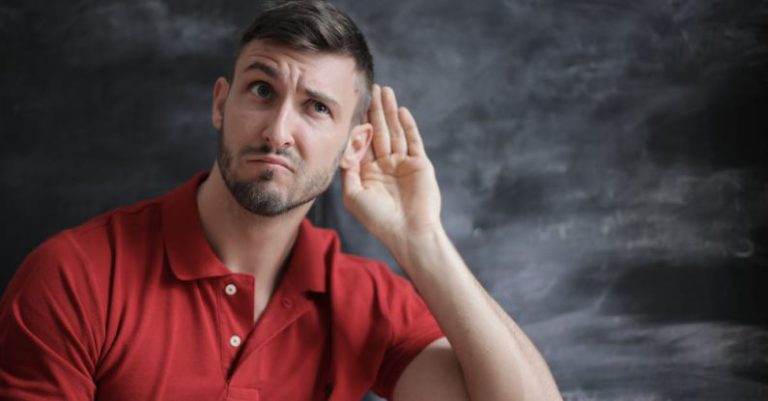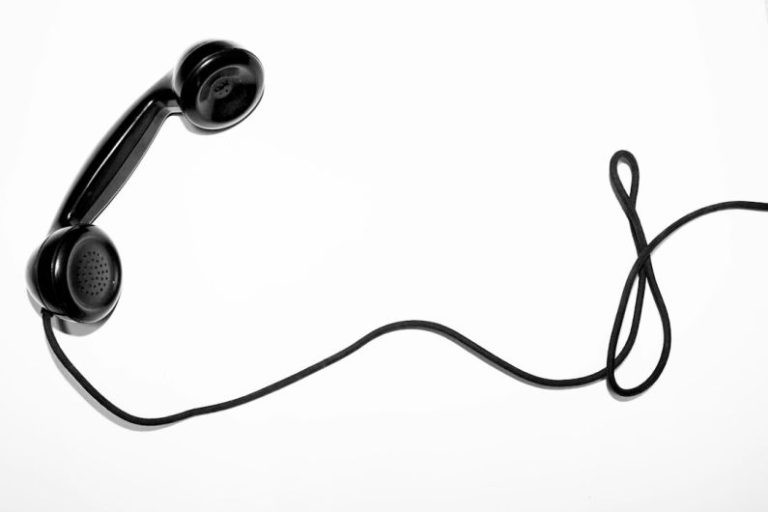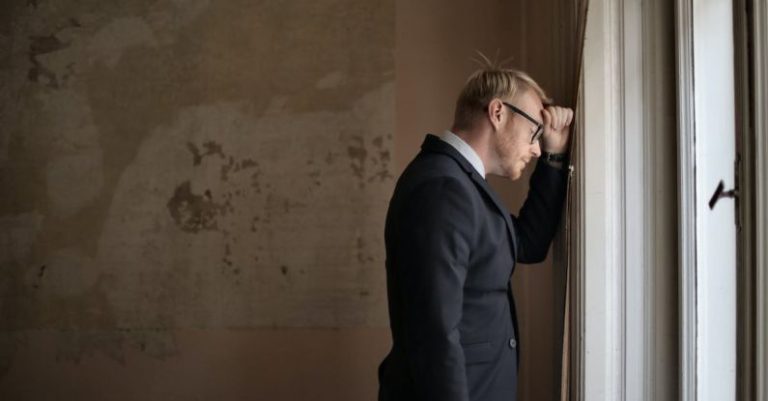How to Build Effective Communication Skills?
Effective communication is an essential skill that can greatly impact our personal and professional lives. Whether it is expressing our ideas clearly, listening attentively to others, or resolving conflicts peacefully, good communication can lead to better relationships and increased success in all areas. Here are some practical tips to help you build effective communication skills.
Be a Good Listener
One of the most important aspects of effective communication is being a good listener. Listening attentively not only shows respect for the speaker but also allows you to understand their perspective better. Avoid interrupting or thinking about your response while the other person is speaking. Instead, focus on their words, maintain eye contact, and show genuine interest in what they are saying.
Choose Your Words Wisely
The words we choose can have a significant impact on how our message is received. When communicating, it is important to be clear, concise, and specific. Avoid using jargon or complicated language that may confuse the listener. Use simple and straightforward language that everyone can understand. Additionally, be mindful of your tone and body language as they can convey additional meaning to your words.
Ask Questions and Seek Clarification
Misunderstandings can often arise due to assumptions or lack of clarity. To avoid this, it is crucial to ask questions and seek clarification when necessary. If you are unsure about something, don’t hesitate to ask for further explanation. This not only demonstrates your interest in the conversation but also ensures that you have a clear understanding of the information being conveyed.
Practice Empathy
Empathy is the ability to understand and share the feelings of another person. It plays a vital role in effective communication as it allows us to connect with others on a deeper level. By putting yourself in the shoes of the other person, you can gain a better understanding of their perspective and respond in a more compassionate and considerate manner. Practice empathy by actively listening, acknowledging their emotions, and validating their experiences.
Be Mindful of Non-Verbal Communication
Communication is not just about words; it also involves non-verbal cues such as facial expressions, gestures, and body language. Pay attention to your non-verbal communication as it can greatly impact the message you are trying to convey. Maintain eye contact, use open and inviting body language, and be aware of any unconscious habits or gestures that may be distracting or off-putting to others.
Develop Conflict Resolution Skills
Conflicts are a natural part of any relationship, but how we handle them can make all the difference. Effective communication skills are essential in resolving conflicts peacefully and finding mutually agreeable solutions. Practice active listening, express your thoughts and feelings calmly and assertively, and be open to compromise. Avoid getting defensive or resorting to personal attacks. Instead, focus on finding common ground and working towards a resolution that benefits both parties.
Seek Feedback and Learn from Mistakes
Building effective communication skills is an ongoing process that requires practice and self-reflection. Seek feedback from trusted individuals to gain insight into how you can improve. Be open to constructive criticism and use it as an opportunity for growth. Additionally, learn from your mistakes and use them as valuable lessons for future interactions. Reflect on what went wrong and how you could have communicated more effectively.
In conclusion, effective communication skills are essential for building strong relationships, resolving conflicts, and achieving success in various aspects of life. By being a good listener, choosing your words wisely, practicing empathy, being mindful of non-verbal communication, developing conflict resolution skills, and seeking feedback, you can enhance your communication abilities and become a more effective communicator. Remember, communication is a two-way street, and by investing time and effort in improving your skills, you can create meaningful connections and achieve your goals.






